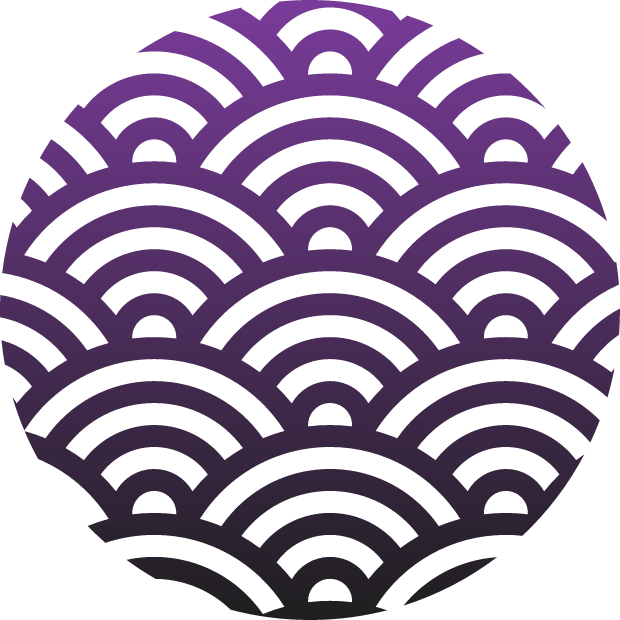“Traditional Ainu Dance: Reviving Ancestral Memories”
Traditional Ainu Dance is an indigenous dance form that was nurtured by Japan’s ethnic minority in northern Japan, mainly in Hokkaido. Its survival to the present is proof of the determined preservation and revival of Ainu culture in the face of a turbulent history. The Ainu believe that spirit-deities known as Kamuy exist in all things in the natural world. They have traditionally expressed their emotions of delight, anger, sorrow, and pleasure through dances rooted in their unique beliefs. These dances are for the enjoyment of both humans and the Kamuy who watch over their daily activities. Some of the dances disappeared as a result of Japan’s assimilation policy from the 19th century, but a variety have been handed down from generation to generation. They include votive dances dedicated to the Kamuy at festivals, dances that imitate the movements of living creatures, and entertaining dances that find joy in the details of daily life. The dances and singing differ slightly depending on the community; this program features refined dances performed in the rich natural setting of Lake Akan in Hokkaido.
Presented by: The Japan Foundation (JF) (https://www.jpf.go.jp/e/)
<Program Credits>
Performers: NISHIDA Masao, HIRASAWA Ryuji, HIKAWA Kikuko, WATANABE Kayo, TAIRA Kumiko, TAIRA Tomoko, KOIZUMI Masami, PETE Fumie, KEBUSA Chinatsu, NISHIYAMA Chika
Production Assistance: The Akan Ainu Industrial Arts Association, Kushiro City, DMO Akan Tourism Association Community Development Promotion Organization
Additional Materials: The British Museum, National Museums Scotland, Library of Congress, National Diet Library, Hokkaido University Library, Hokkaido University Natural History Museum, The Shimonaka Memorial Foundation, Hakodate City Museum, Hakodate City Central Library, Yokohama City Library, Shutterstock
Supervision: FUJIMURA Hisakazu
Video Image Production: NHK ENTERPRISES, INC.
Video Image Producer: HAMANO Takahiro, OKAUCHI Hideaki
Video Image Director: YOKOTA Hiroshi
<Subtitling Credits>
English Translation: TOYOZAKI Yoko, Stuart VARNAM-ATKIN
Chinese Translation (Simplified): Hanqing ZUO
Chinese Translation (Traditional): Yunhsien LIANG
French Translation: NAKAJIMA Naoko
Indonesian Translation: Dewi ANGGRAENI
Russian Translation: Tatiana SOKOLOVA DELUSINA
Spanish Translation: Mauricio MARTINEZ (https://www.japonartesescenicas.org)
© The Japan Foundation (JF) All Rights Reserved
End date of distribution: 24/2/2027

